Is Work from Home Working? | The Working Earth
When lockdown hit in March 2020, working from home allowed many companies to continue operating remotely, saving jobs and livelihoods. As the weeks and months passed, you couldn't open an online news site without seeing articles extolling the virtues of remote work. It started to look like lockdown had accelerated the 'work from home' revolution and that working from a home office would be our new post-pandemic normal.
However, fourteen months in, it appears that working from home is starting to lose its shine.
Recent announcements by global companies who are fast-tracking' return to office' plans would indicate that employers haven't fully embraced remote work.
'Work from home' movement leader, Google has done an about-face, accelerating reopening plans and announcing a hybrid model that includes a blend of both remote and in-office work. Employees have been asked to return voluntarily before the 1 September 2021 deadline and are expected to live within commuting distance of the office. Other employers, like Goldman Sachs, Ernst & Young, WeWork, Apple and Facebook will be back to in-office work from as early as April 2021.
So, why is working from home not working?
As a start, it's important to note that there are many benefits to home working. Many of them are what we, as leaders, chase on a daily basis – like increased retention, productivity, motivation, and well-being. Employees report that the flexibility of working at home allows them to fit their personal lives around work, giving them time to meet childcare and other caring needs, improve their health and reduce stress, all of which improves overall wellbeing. Dropping the commute saves time (and money) and most employees say that they are working longer hours as a result. With children back in school, working in a quieter environment, with fewer disruptions, has improved productivity for many. Finally, the autonomy that comes with working alone (along with feeling trusted to get work done) has increased motivation. For employers, savings on office space, supplies, and utility bills have reaped significant financial benefits.
So far, so good for the 'working from home' team.
Yet, as the months have passed, the negatives of home working have started to emerge, demonstrating clearly that that WFH doesn't necessarily suit everyone.
Firstly, we're all finding it hard to 'unplug' from work. Without a clear-cut change in location and defined office hours (combined with the technology that enables remote work), many of us are finding it hard to separate personal and professional time. For some, this feeling is exacerbated by things like the MS Teams status, which shows colleagues whether we're available, offline, or away (and for how many minutes). Many reports feeling pressured to be 'at desk' more so that their status stays 'green'. Those who experience difficulty switching off from work are likely to suffer from increased stress and inevitable burnout.
Secondly, we're missing out on collaboration and easy opportunities to communicate.
As Google CEO, Sundar Pichai said recently 'we firmly believe that in-person, being together, having a sense of community is super important when you have to solve hard problems and create something new – so we don't see that changing.' The lack of in-person 'water-cooler moments' is a challenge for many, leading to a feeling that we're missing out on the opportunities that these moments present to collaborate informally and build better working relationships. Working remotely also means that there is a chance that the full extent of our efforts won't be seen and appreciated, which could affect our career prospects in the long term – the 'out of sight and out of mind scenario. And, for interns, lack of face-to-face guidance from managers and colleagues could slow down their learning, making it harder to develop new talent.
Thirdly, we're feeling isolated, which is negatively impacting our mental health.
Working remotely (particularly if we're spending hours daily working, with little to no interaction with the outside world) can make us feel disconnected from colleagues (and, often, from the company itself). Coupled with a lack of office routine and the struggle to separate work and home life, this can negatively impact our mental health, making us feel lonely, demotivated, unfocused, and unproductive.
Fourthly, our employers are struggling with bloated leave provisions, which isn't great for the bottom line. Greater flexibility and being home more means that we're using any free time that we have during the week (like extended lunch hours) to get personal tasks done. So, we're no longer taking regular 'personal days' to run errands, which also means that we're taking less annual leave. This is great for employees, but a real headache for employers.
Finally, the high cost of data (and relatively low speed) of South Africa's connectivity offering is taking its toll. Data costs more in South Africa than in many other countries, a fact that severely limits access for the average South African. If you're unable to get online cost-effectively, you simply can't do your job remotely – which is the reality for many.
If working from home isn't working for all, what is the solution?
Google (along with many other employers) believes that the future of work lies in a hybrid working model. As CEO, Sundar Pichai said 'We do think we need to create more flexibility and more hybrid models.
A hybrid model means that employees have the opportunity to work in different spaces, with the majority of the time (up to 3 days per week) spent in the office, alongside working from home or from coworking or public spaces.
WeWork (a company that provides flexible shared workspaces), recently conducted a survey of flexible working thinking, which concluded that post-pandemic, while most employees expect to continue working from home for at least a few days a week, they desperately want to work in a collaborative office environment again. Employees' desire for greater control over their working destiny translates into a desire for flexibility – which is actually beneficial for the bottom line, through greater productivity, engagement, loyalty, and well-being.
Given that Google and other American companies have taken this leap of faith, it remains to be seen whether their South African counterparts will follow suit.










